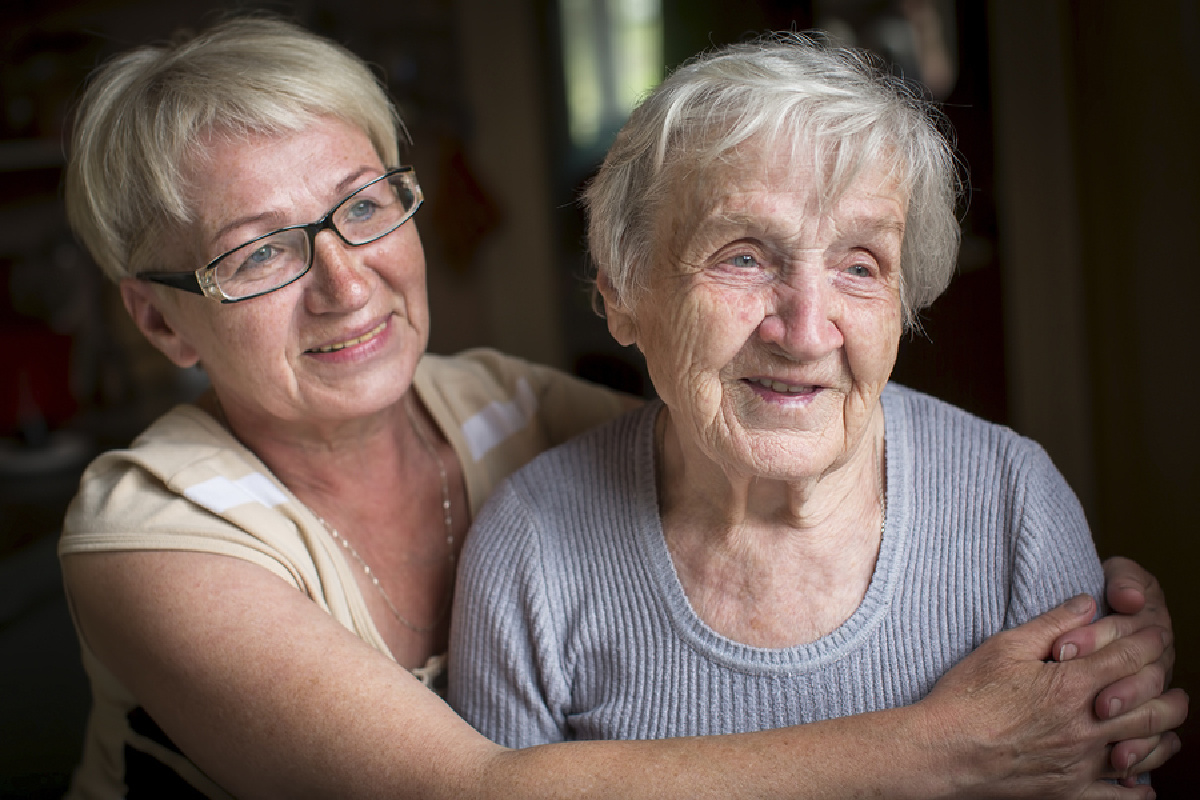Tips for Improving Communication Between Alzheimer’s Disease Patient and Others in Their Life
Your elderly loved one has been diagnosed with Alzheimer’s, so now what happens? Well, over time, there will be many symptoms that occur as a result of the degenerative changes that happen to their brain. Many family caregivers and elder care providers want to know how they can improve communication between them and their elderly loved one that has Alzheimer’s disease. The tips that are noted here today can potentially help to make communicating with your elderly loved one a bit easier.

Elder Care in Loudoun County VA: Alzheimers Communication
Eye Contact is Key
One of the things that are a must when communicating with someone who has Alzheimer’s disease is eye contact. Whenever you call your elderly loved one’s name or you are speaking to them, make eye contact, as that will help you both to see each other’s facial expressions to better understand one another.
The Tone of Voice Matters
To reduce communication issues with your elderly loved one when they have this disease, you should keep your voice at an appropriate level. For example, if your elderly loved one is hard of hearing, you may have to speak a bit louder. However, if you are talking too loud, they may think you are angry with them and that can lead to further issues.
Work on Your Body Language
Just as with the tone of your voice, your body language matters, too. For instance, if you are standing with your arms crossed over your best, your elderly loved one may become agitated because it seems that you are mad. If you were standing with your hands by your sides and had a smile on your face, that shows your elderly loved one that you are happy or in a good mood. This could reflect onto them and help them to be in a better mood, too.
Gentle Touch and Other Communication Options
If your elderly loved one often gets agitated when someone speaks to them, it may be due to feeling so distant from other people. Some senior citizens who are in this position need their elder care providers and family caregivers to use gentle touch such as a hand lightly on their shoulder during conversations. It helps to put them more at ease.
Conclusion
These are some of the tips for improving communication between Alzheimer’s disease patients, their elder care providers, their family caregivers, and others in their life. Remember, your body language, tone of voice, the words you are using, and whether you are touching your elderly loved one all matter when it comes to improving communication between you and them.
If your elderly loved one gets agitated with almost everyone except when one of their favorite home care providers is over, it may be a good idea to consider having them come daily at that point. If your elderly loved one’s communication issues are getting too severe, be sure to bring it up at their doctor’s appointment which can be made for sooner, if needed.
If you or an aging loved-one are considering hiring Elder Care in Loudoun County, VA, please contact the caring staff at LivinRite Home Care.
Call Us Today at (703) 634-9991.
Sources
https://www.nia.nih.gov/health/alzheimers-caregiving-changes-communication-skills
If you or an aging loved-one are considering hiring Homecare in Loudoun County, VA, please contact the caring staff at LivinRite Home Care.
Call Us Today at (703) 634-9991.
- Skilled Nursing: Offering Peace of Mind for Seniors Aging in Place - April 8, 2025
- Can Physical Therapy Help Seniors Learn How to Fall Safely? - March 27, 2025
- Senior Home Care Helps Keep Aging Adults Safe in the Kitchen - March 11, 2025
